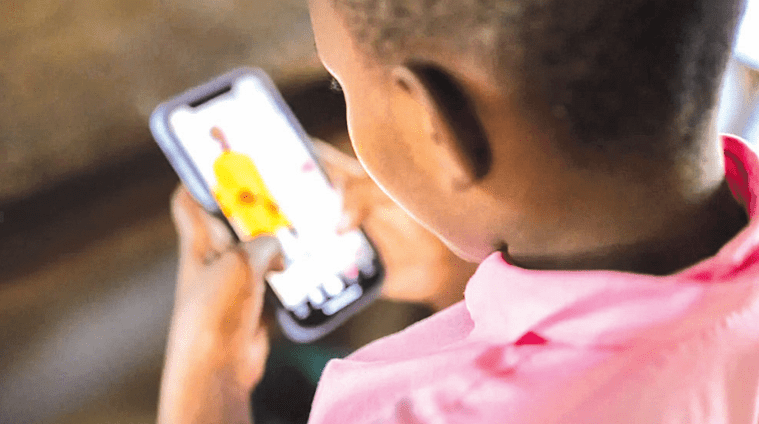NGO warns of ruthless online sexual predators

Online child sexual abuse and molesters are on the prowl, and parents and caregivers have been warned.
“Take your child to a help centre immediately when you notice you are looking isolated, moody, and lack appetite among other disorders,” children officers have advised.
This is even as the latest findings show that 193 cases of minors experienced Online Child Sexual Exploitation and Abuse (OCSEA).
The Disrupting Harm in Kenya 2021 report shows that 98 girls and 95 boys were subjected to online grooming in preparation for abuse. In this scenario, a perpetrator makes the child comfortable with them before they strike.
Beatrice Muema, a Project Coordinator at ChildFund revealed that internet-using children in Kenya are at risk of OCSEA, and a need for parents to be keen to stop the advancement of abuse.
Online grooming
However, out of the 193 cases, she said the authorities were able to stop 160 cases of online grooming from advancement, just before the perpetrator struck.
“These children were not able to advance to that stage because the project came to disrupt the process of exploitation,” she said during a meeting hosted by the Kenya Editors Guild.
According to Muema, strangers ask for relationships first, then move to other advances such as requesting for images, and with a financial incentive, the perpetrators will start to solicit for explicit pictures.
“According to the children who were subjected to OCSEA and frontline workers, most offenders are someone the child already knows,” she added, noting that these crimes can happen while children spend time online, or in person but involving technology.
In the joint research project conducted by the global End Child Prostitution and Trafficking (ECPAT) network, International Police (INTERPOL) and United Nations Child Fund (UNICEF), 67 percent of children aged 12-17 in Kenya are internet users.
Of a nationally representative sample of internet-using children, 7 percent had been offered money or gifts in return for sexual images or videos of themselves and 3 percent had been threatened or blackmailed online to engage in sexual activities in the past year.
Muema pointed out that threats and requests like these are made to both boys and girls, often through social media.
“While most children refuse these attempts, some children comply and this can have serious consequences,” she noted.
In the past year, for instance, 7 per cent of children have had their sexual images shared with others without their permission. Most children who experienced some form of online sexual exploitation and abuse had also experienced in-person physical, sexual or emotional abuse.
Livestreaming
In the survey, 21 cases experienced sexual text messages, which are shortened as sexting, four cases of live-streaming, where the perpetrator engages a child in a video conversation and three shared child abuse materials.
Harm Kenya household survey of 1,014 internet users using children aged 12-17 and their caregivers, 14 per cent of the children had met someone face-to-face after first encountering them online in the past year. According to children, many of these encounters did not result in immediate harm and most respondents described being pleased about the outcome.
“Although these encounters tended to be positive for children in our survey, this remains a risky activity, the outcome of which can be highly variable,” Muema, pointing out that children should therefore not meet with online contacts in person without taking some safety precautions like informing a trusted adult, only meeting in public places, and never meeting the person alone.
Video images
Six per cent, about 60 children had shared naked images or videos of themselves with other internet users in the past year. While such images are most frequently shared voluntarily among peers and close friends, seven children had shared naked images as a result of threats and six said they were pressured by their friends.
As part of the household survey, children were asked whether they had been subjected to a range of potential and actual instances of OCSEA within the past year.
OCSEA refers to situations that involve digital or communication technologies at some point during the continuum of abuse or exploitation. OCSEA can occur fully online or through a mix of online and in person interactions between offenders and children.



